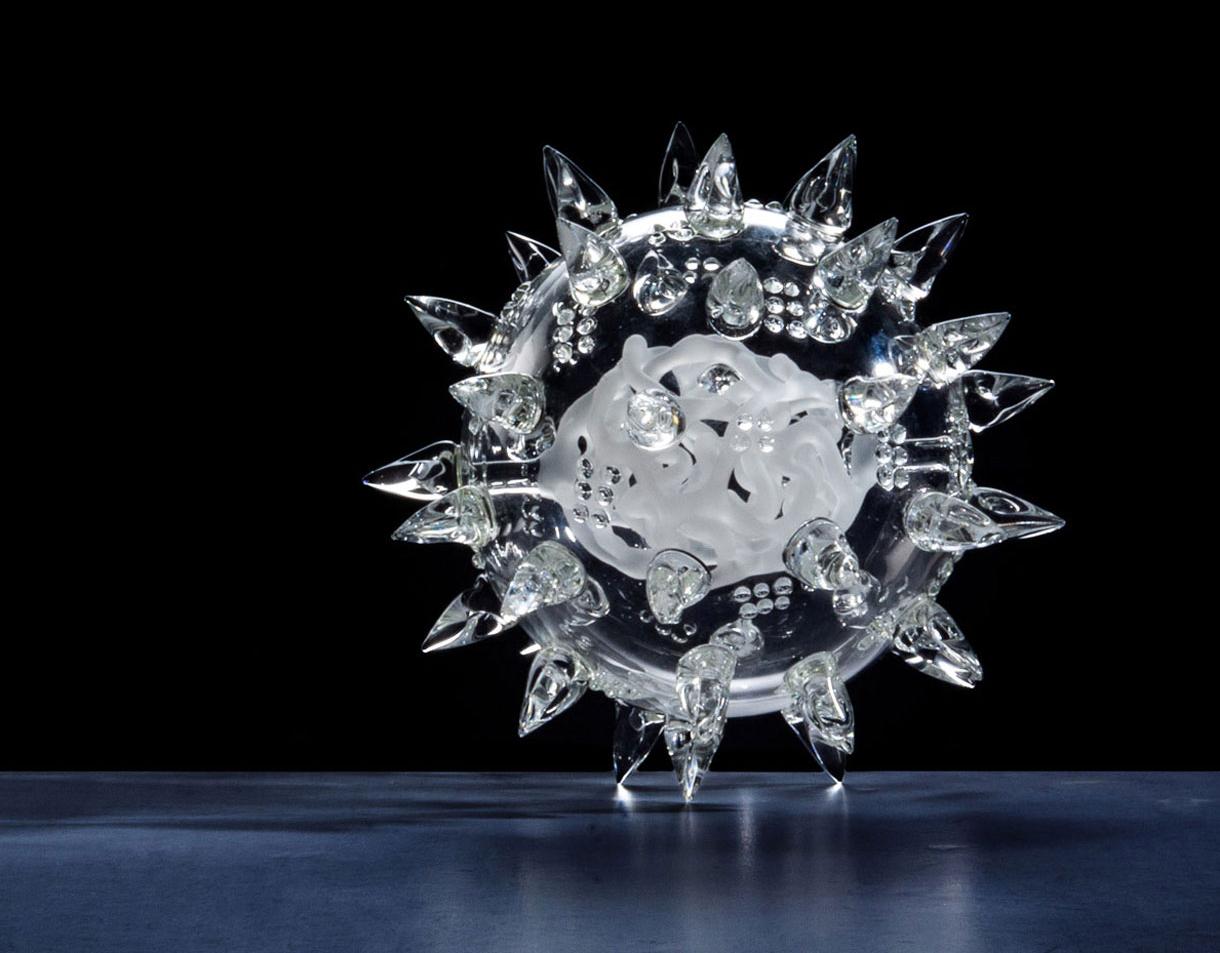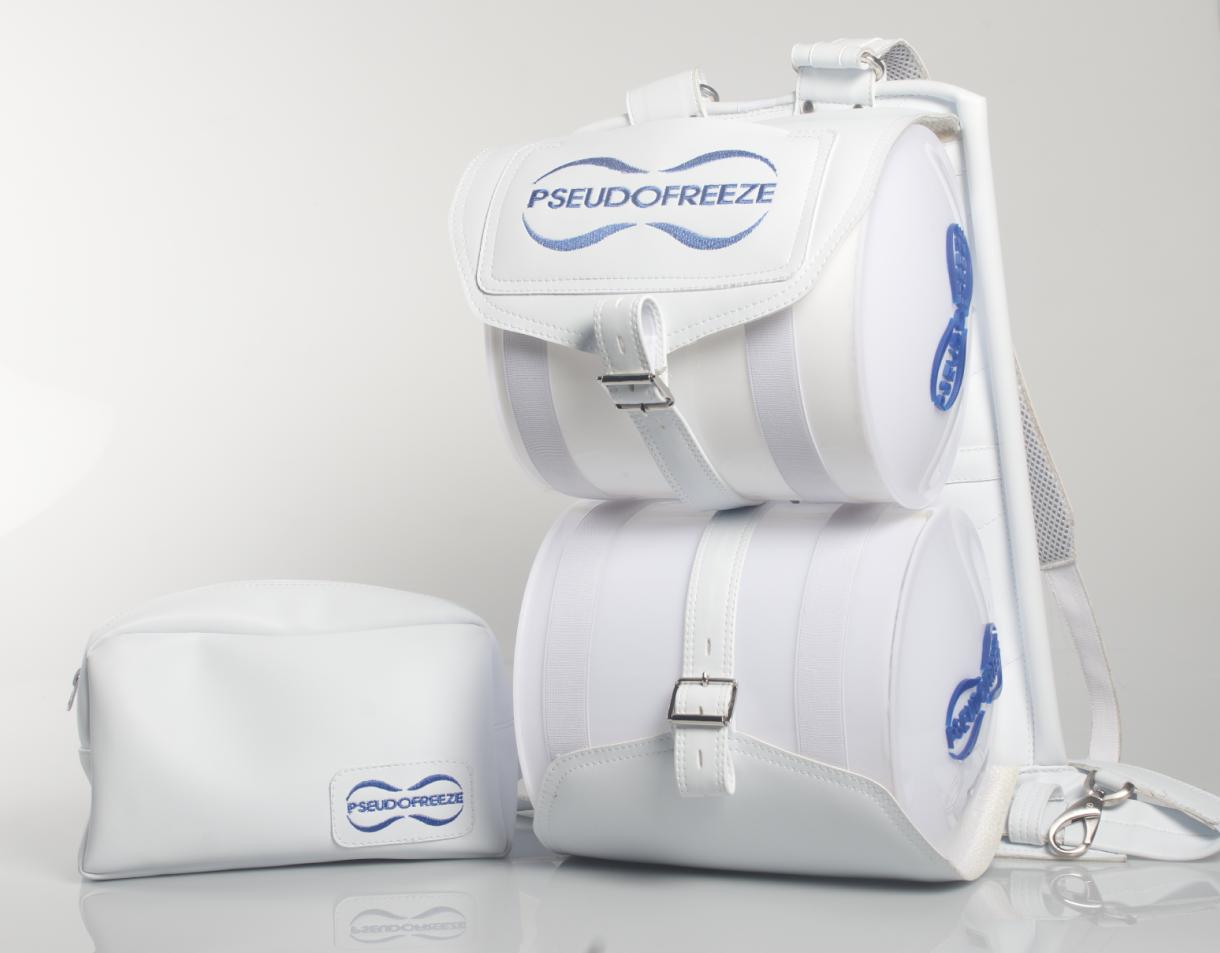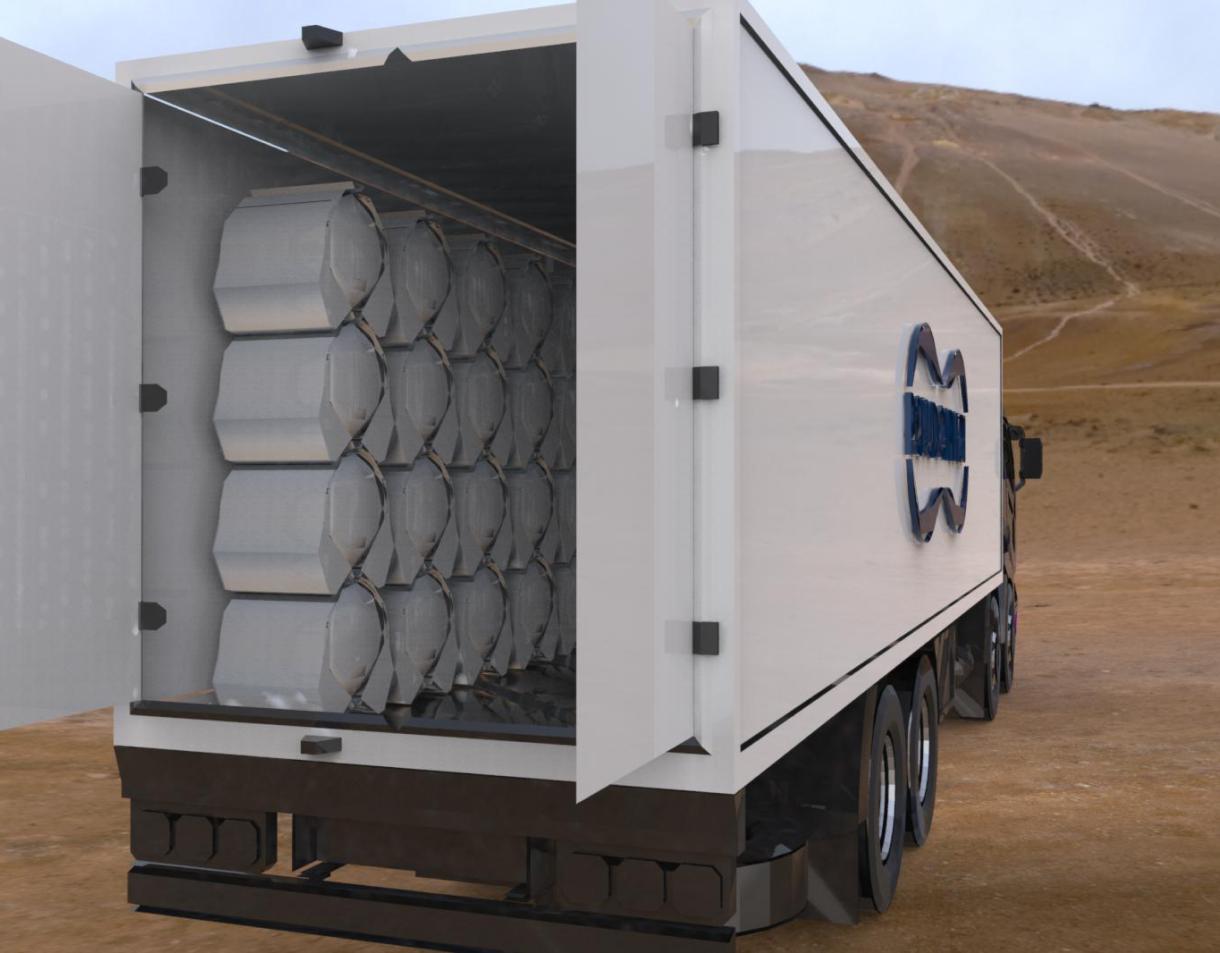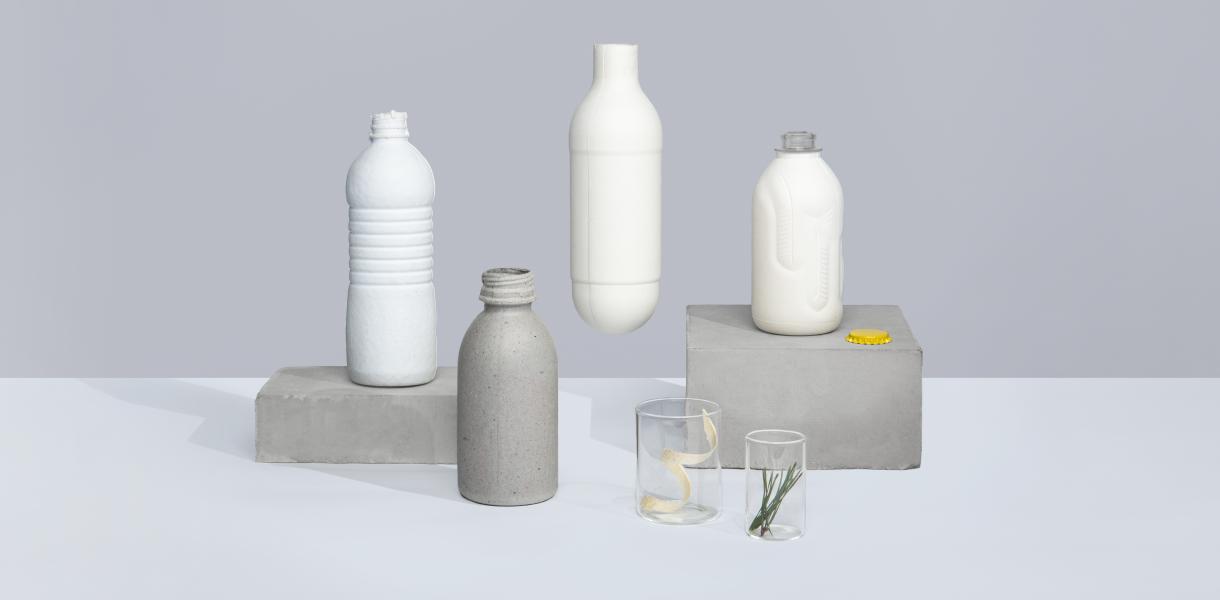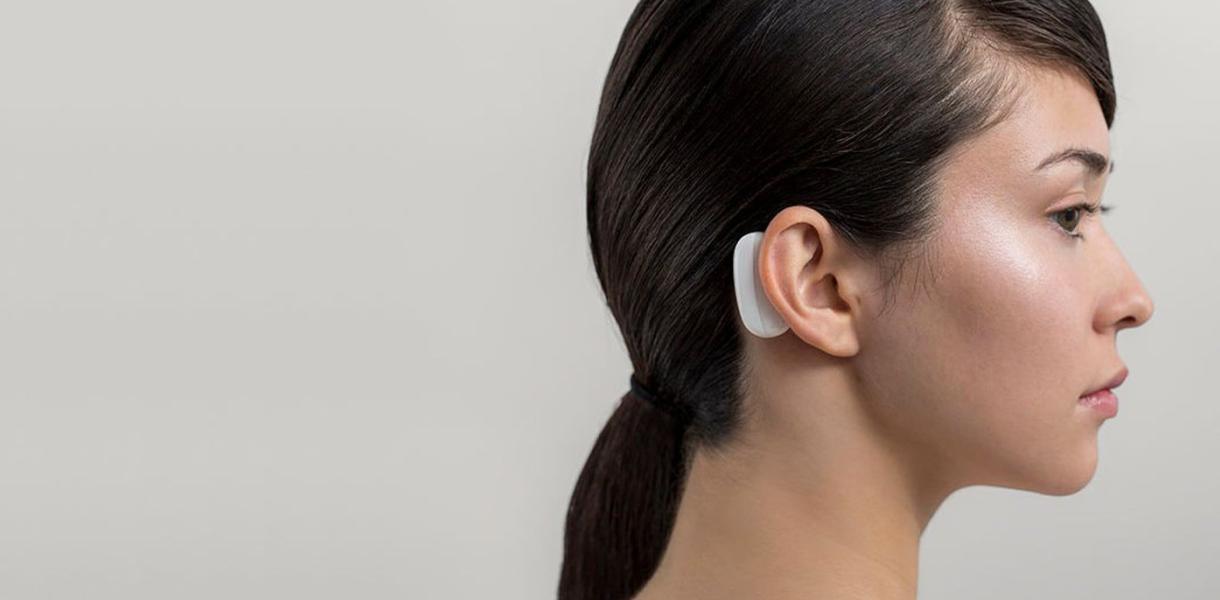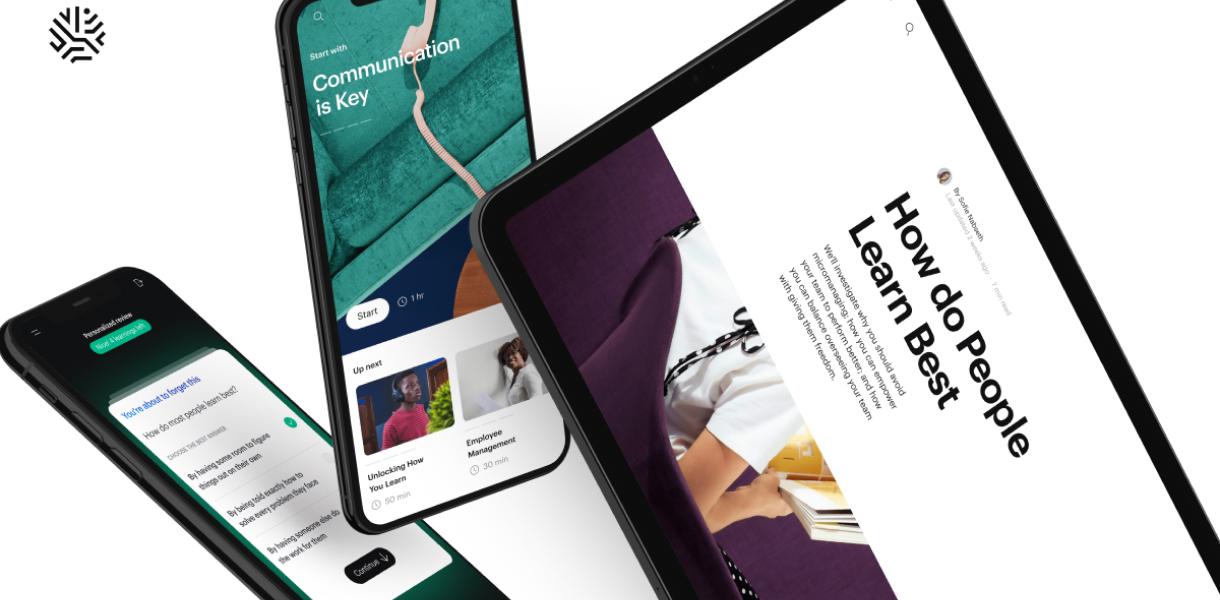What’s the design in a nutshell?
A portable, electricity-free ‘fridge’ enabling better vaccine transportation and storage designed for low-resource settings.
Why is it needed?
Refrigeration is the second most polluting industry in the world, responsible for 17% of the world’s energy demand and for 8% of greenhouse gas emissions. Although refrigeration is highly polluting, it’s fundamental for people’s well-being. Today, 16% of the world’s population doesn’t have access to electricity and, since there are no efficient cold chain alternatives, this impacts access to vaccines and medicines. Overall, the broken cold chain causes around €28,7 billion losses annually in the pharma industry.
One of the causes of losing these large amounts of medicines is the use of inexpensive solutions such as styrofoam boxes. These don’t only have an unstable cold chain, but are disposable after only a few uses – and the material is corrosive, carcinogenic and never breaks down. While polystyrene has already been banned in some European countries, in Latin America there’s a lack of environmental regulations, which encourages the use of these cheaper alternatives.
How does it work?
The PseudoFridge uses a novel cooling system using bio-nanotechnology to keep items cool without electricity. Thanks to the fusion of design and nanotechnology, the fridge guarantees a higher freezing point and a longer cooling cycle, meaning much fewer vaccine losses.
PseudoFridge’s design also includes circular shapes that enhance ice formations and optimise temperature retention. To ensure adaptability to different uses and climates, the team also designed a range of accessories, including an ergonomic backpack and a modular frame to fit the fridge to planes, trucks, hospitals and even allow for comfortable transportation on foot.
The vaccines fridge has a capacity to store 108 vials and 248 solvents, which combined with PseudoFridge backpack, makes it possible to transport 216 vaccines or almost 500 solvents. The weight in this backpack is distributed equally and allows the possibility to reach rural areas more efficiently because of the long cold chain and the number of containers that the health worker can transport in only one trip.
"In the long term, PseudoFridge's technology could also revolutionise the refrigeration industry."
How does it improve life?
The PseudoFridge is designed for use in hospitals or labs but, most importantly, for providing a cooling solution for remote transport of medical supplies to reach remote communities. In the current pandemic situation, PseudoFridge could contribute to the safe transportation of reagents, samples, and the Covid-19 vaccine.
In Colombia, 32% of the population is rural and difficult to reach, the temperatures are often high and there aren’t enough long cold chain alternatives. This situation impacts many other underdeveloped countries, not only in the context of Covid-19 but with all other vaccine-preventable diseases.
What’s the impact to date or projected impact?
While PseudoFridge is still testing its beta product, its potential for impact is huge. For example, an immunisation program for a rural area like Amazonas in Colombia could be possible using only 710 PseudoFridge containers and 355 backpacks, which would be enough to vaccinate more than 76,000 people!
In the long term, PseudoFridge’s technology could also revolutionise the refrigeration industry by creating ventilation systems and cooling devices that use less energy to function and maintain low temperatures for longer periods.

